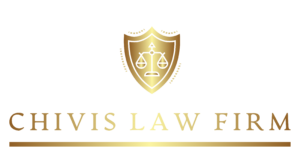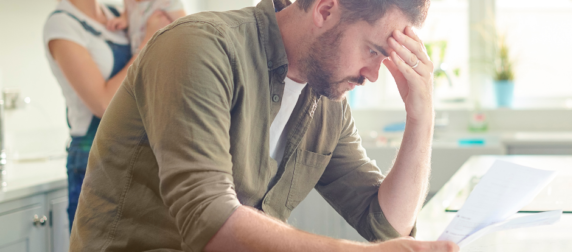Top 3 Chapter 7 Bankruptcy Questions
If you have found yourself in a place where your debt is overwhelming and you cannot handle your living expenses anymore, it might be time for you to have a fresh start.
When you hear the term bankruptcy what do you think? Well for some it means…
Shame. Punishment. Guilt.
At least that‘s how it is for many people who we talk to. Some are even on the verge of tears when they finally muster up the courage to call us.
But we can tell you, it’s going to be alright. We’re here to help you through this process. AND it’s not as scary as you’re thinking.

See- bankruptcy is an American right. It’s there for you when you really need it. Many Americans ask, “is it a good idea to declare bankruptcy?” The answer varies from person to person, so it’s important to hire an experienced law firm to help you through this process. You might start wondering about this process when you’ve hit a certain threshold of debt. This leads me into the first question we get a lot:
- How much debt do you need to declare bankruptcy?
This is a subjective question that doesn’t have a specific number attached to the back end. You don’t need to have a certain amount or percentage of debt to declare bankruptcy. If you’re completely overwhelmed from your unsecured debt, bankruptcy can be a great option for you.
It’s important also to note the kind of debt that you carry because not all debts are dischargeable.
- What debts are not erased in bankruptcy?
Student loans, Taxes, and Secured Loans are typically not dischargeable in a chapter 7 bankruptcy. But you can eliminate debt on secured loans (Houses and Cars) if you want to surrender the collateral. The main debt which is dischargeable in a Chapter 7 is credit card debt, medical debt, and personal unsecured loans. So although you cannot get out of all debts in a bankruptcy, it usually is very helpful for those who do file.
- What happens if I declare bankruptcy?
When you declare bankruptcy, all of your unsecured debt is discharged and will give you a fresh start. Chapter 7s on average take 4-5 months to complete and here is a simplified timeline of the process when you file with The Chivis Law Firm:
To get your case filed we only need 5 things from you:
- Bank Statements from the last 90 days
- Tax Returns for the last 2 years
- Pay stubs for the last 6 months
- Driver’s License & Social Security Cards
- Credit Counseling Certificate (This is a credit counseling course, and we will direct you where you can get this)
Once we receive all your documents, we will prepare your case to file. Preparation typically takes 3-4 business days.
After your case is filed, your hearing will be scheduled. The hearings usually occur 30-45 days after your case has been filed. You MUST attend the hearing but don’t worry, they’re usually pretty quick and painless, and our attorney will be there to represent you. Most of the bankruptcy hearings are held over the phone, so it’s likely you won’t have to physically appear in court.
You will have a pre-hearing video call with our attorney before your hearing, to address your questions and concerns.
About 60 days after your hearing, you will receive your Order of Discharge. This indicates that your bankruptcy is complete, and you now have a fresh start in your finances.
But what now? What happens after a bankruptcy?

While bankruptcy does remain on your credit for 10 years, many of our clients have been able to successfully rebuild their credit faster after a bankruptcy, since they don’t have any unsecured debt weighing on them anymore. For more frequently asked questions, visit our Bankruptcy FAQ section.


Comments are closed.